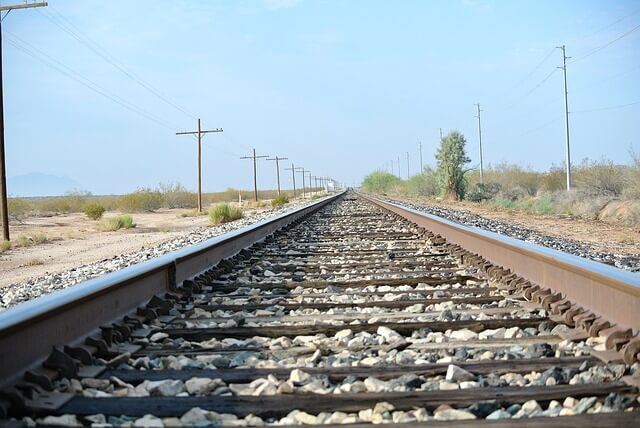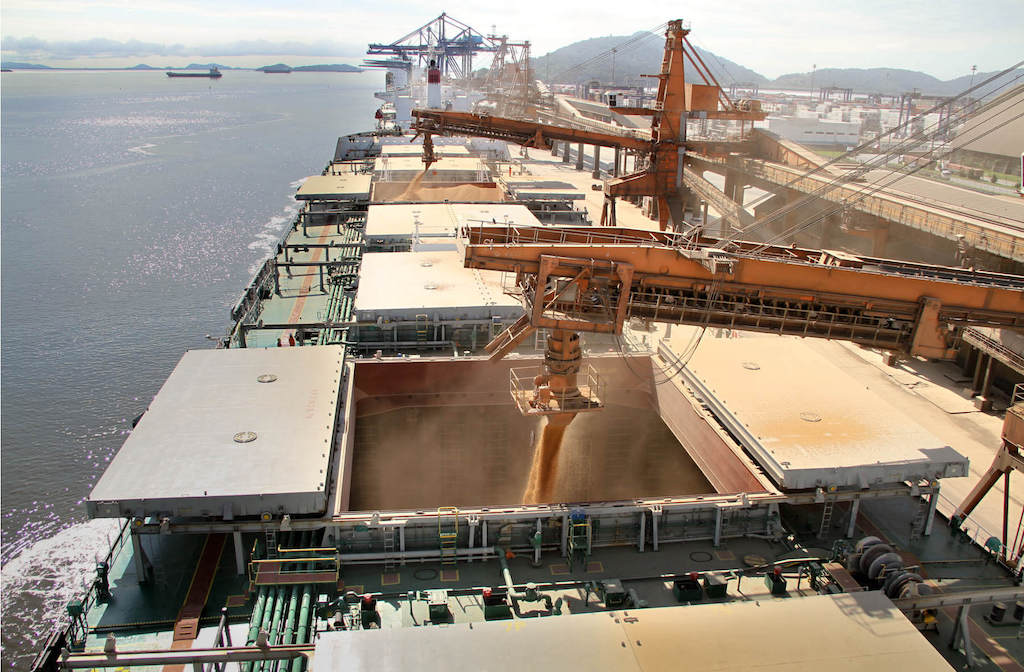
Russia’s decision to invade Ukraine brings even more consequences and challenges to the supply chain, which is still seeking its balance point in the disruptions resulting from the effects initiated with Covid-19.
In a globalized world, the Russian invasion imposes challenges that affect all countries, whether because of the war itself or because of the economic sanctions in place. Added to this are route changes and suspensions of services by shipping and airline companies.
COMMODITIES
Russia is one of the largest exporters of commodities, including copper, nickel, steel, platinum, palladium, natural gas, oil, and agricultural products. Brazil alone, bought $2.3B in fertilizers from Russia in 2019.
The electronic chip sector, including semiconductors (and which directly affects the automotive area) is expected to suffer from the restrictions imposed on Russia and the suspension of logistics operations in Ukraine, given that both countries are leading suppliers of neon, palladium, and nickel, all commodities used in the production of electronic chips.
Global buyers are moving amid the sanctions in search of new supply routes or sources.
SEA
The closure of access to the Black Sea, in addition to the intrinsic risks to shipping throughout the region has caused shipping lines to reconfigure their routes, either unloading at neighboring ports or suspending services to Russia and Ukraine.
European importers and exporters are already experiencing increased sea freight rates.
AERIAL
Many countries have closed their airspace, with commercial and cargo flights suspended or taking new routes. The monitoring site Flightradar24, reported an 8% increase in flight travel time over the previous 03 months.
The bombing of the world’s largest cargo plane Antonov An-225 Mriya, was a great loss, as this equipment had a cargo capacity of up to 250 tons per flight, and was instrumental during the pandemic, carrying over 1.3 million tons in PPE during 2021.
OIL
OPEC had already been signaling pressure on the price of oil since last year, and now the value has skyrocketed. This brings direct consequences in the increase of prices throughout the logistics chain, remembering that the cost of fuel represents the largest expense of a trip, whether by land, air, or sea.
The challenges are there and, unfortunately, the disruptions tend to be even greater, requiring agile actions for mitigation. Count on MAC Logistic to act and support you in the analyses, discussions and actions that may be necessary
Everaldo Barros – CEO MAC Logistic




